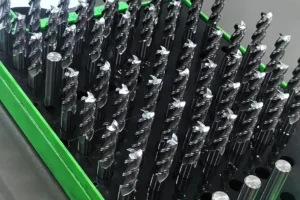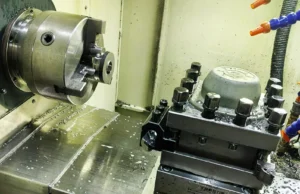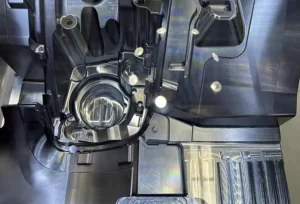
How loud is a CNC machine?
How loud is a CNC machine
CNC (Computer Numerical Control) machines have become an essential part of the manufacturing industry, revolutionizing the way products are made. These machines are capable of producing highly precise and complex parts with speed and efficiency.
However, one common concern among operators and workers in manufacturing facilities is the noise level generated by CNC machines.
Understanding noise levels
Before delving into the specifics of CNC machine noise, it’s important to understand how noise levels are measured. The unit of measurement for sound is decibels (dB), which is a logarithmic scale.
For reference, a whisper is around 30 dB, normal conversation is about 60 dB, and a rock concert can range from 110-120 dB. Exposure to noise levels above 85 dB for an extended period can cause hearing damage.
Factors affecting CNC machine noise
Several factors contribute to the noise levels generated by CNC machines:
- Machine type: Different types of CNC machines, such as milling machines, lathes, or routers, have varying noise levels based on their operations and design.
- Spindle speed: The speed at which the spindle rotates during cutting operations can significantly impact the noise level produced.
- Cutting tools: The type and condition of cutting tools used in the machine can affect the noise levels, with dull tools typically producing more noise.
- Material being machined: Harder materials tend to create more noise during the cutting process compared to softer materials.
- Machine condition: Regular maintenance and proper lubrication of the CNC machine can help reduce noise levels caused by friction and vibrations.
Typical noise levels of CNC machines
The noise levels of CNC machines can vary widely based on the factors mentioned above. On average, CNC machines can produce noise levels ranging from 70 dB to over 100 dB during operation.
Larger machines with high-speed spindles and heavy cutting loads tend to be louder than smaller, lighter machines performing less intensive tasks.
Reducing CNC machine noise
Minimizing noise levels in a manufacturing facility is important for both worker safety and comfort. Here are some strategies to reduce the noise generated by CNC machines:
- Isolation: Using vibration isolation mounts and soundproof enclosures can help minimize noise transmission from the CNC machine.
- Damping: Applying damping materials to the machine or surrounding surfaces can reduce vibrations and noise levels.
- Maintenance: Regular maintenance of CNC machines, including proper lubrication and calibration, can prevent excessive noise due to wear and tear.
- Tooling: Using sharp cutting tools and correct tooling parameters can help reduce noise levels during machining operations.
- Training: Providing training to machine operators on proper operating techniques and noise control measures can also contribute to noise reduction.
Conclusion
CNC machines play a crucial role in modern manufacturing, but they can be noisy machines.
Understanding the factors that contribute to CNC machine noise levels and implementing strategies to reduce noise can create a safer and more comfortable work environment for operators and workers.
By prioritizing noise control measures, manufacturing facilities can enhance productivity and employee well-being.




1 thought on “How loud is a CNC machine?”
You just made my job easier.
Comments are closed.